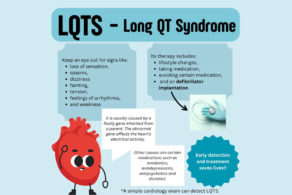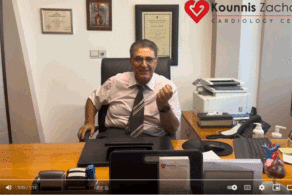
Stress can be defined as a state of worry or mental tension triggered by a tough situation. Stress is a natural human reaction that prompts us to address challenges and threats in our lives. Everyone experiences stress to some degree. The way we respond to stress, however, makes a big difference to our overall well-being.
Stressful situations can cause or exacerbate mental health conditions, most commonly anxiety and depression which can affecting our daily functioning. Stress makes it hard for us to relax. When stressed, we may find it difficult to concentrate. Constant stress can impact creativity and productivity.
Ongoing stress can also produce physical symptoms. We may experience headaches or other body part pains, an upset stomach or trouble sleeping. We may find we lose our appetite or eat more than usual.
Too often, people consider their stress as almost separate from their health. If you’re struggling with any kind of stress, recognize that it can have harmful consequences. Chronic stress can worsen pre-existing health problems and may increase our use of alcohol, tobacco, and other substances.
Heart disease is another potential stress-related problem
“Chronic stress has been shown to be associated with increased cardiovascular events.”
Studies confirm that the high level of cortisol from long-term stress can increase blood cholesterol, triglycerides, blood sugar, and blood pressure. These are common risk factors for heart disease. This stress can also cause changes that promote the buildup of plaque posits in the arteries.
Short-term emotional stress can act as a trigger of cardiac events among individuals with advanced atherosclerosis. Among patients with CHD, acute psychological stress has been shown to induce transient myocardial ischemia and long-term stress can increase the risk of recurrent CHD events and mortality. Stress can increase inflammation in the body, which in turn is linked to factors that can harm the heart.
Discuss your stress levels with your cardiologist. This is especially important if you have other risk factors for heart disease, such as obesity or high blood pressure. Sometimes, just talking with your doctor can convince you to change your lifestyle. It is important to know how we can minimize continual stress, set our priorities and aim for a life-work balance.











